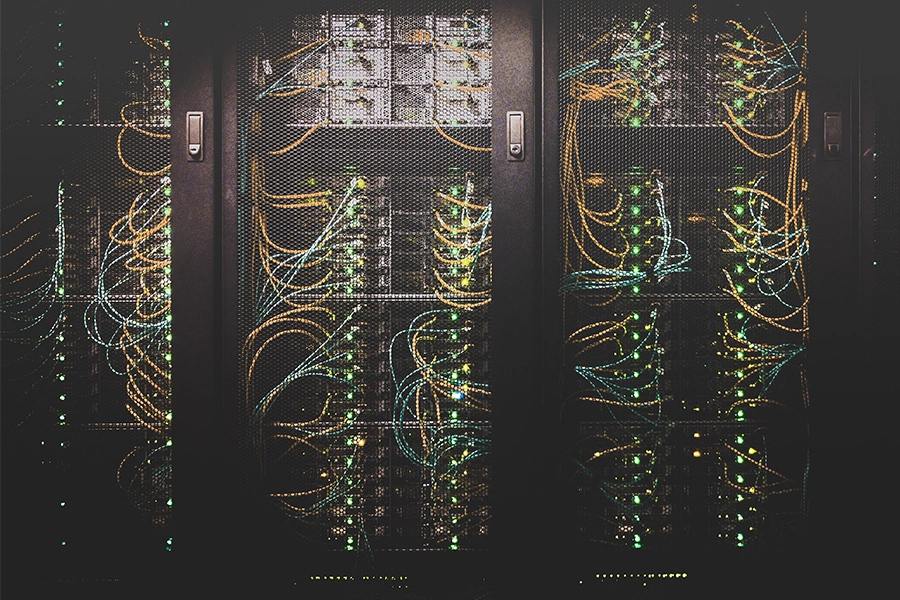Individual Savings Accounts can be a tax efficient way of saving money. Every tax year you can save up to £20,000 in one account or split the allowance across multiple accounts. The tax year runs from 6 April to 5 April.
There are a few different types of Individual Savings Accounts – Cash ISAs, Stocks and Shares ISAs, Innovative Finance ISAs and Lifetime ISAs.
It’s important to remember that while you can pay as much as you would like across multiple savings accounts, you can only pay up to £20,000 into ISAs per tax year, for example £4,000 into a Lifetime ISA and the remaining £16,000 into a Cash ISA. Your annual limit cannot be rolled over into the tax year, so any unused allowance will be lost.
So, here’s a breakdown of the 4 Individual Savings Accounts and how they might work for you!
What Is a Cash ISA?
A Cash ISA offers tax-free interest. That means you’ll be able to keep all the interest you earn, as long as you stick to the rules of the account. A Cash ISA might be the best option for you if you want to earn tax-free interest on your cash savings.
If you are over the age of 18, you can open a Cash ISA with £1! If you wish to withdraw money from a Cash ISA you must be mindful that you can’t top that money up immediately – you’ll need to wait until the next tax year!
There are some exceptions to withdrawing money, as some ISAs can be flexible. Cash ISA providers can offer a flexible facility which will let you withdraw and replace money from your ISA, without reducing your current year allowance, provided it’s done within the same tax year. Flexibility is not available for Lifetime ISAs. Similarly, if you wish to change your provider, money can also be transferred this way.
It is always best to double check these rules before making any transactions, as you may be charged extra fees or penalised!
What Is a Stocks and Shares ISA?
A stocks and shares ISA might be the right choice for you if you aren’t looking for immediate access to your money and you’re prepared to keep your money invested for a number of years. It is advisable that you do your research before opening this ISA due to the nature of investments to fluctuate over time. This means that stocks and shares can you down as well as up, meaning you might get back less than what you initially put in.
A stocks and shares ISA is effectively a ’tax wrapper’ that can be put around a wide range of different investment products. Most investment growth or interest earned is tax-free, and any increase in value of the investments in your stocks and shares ISA is free of Capital Gains Tax.
This is where research is important – because there is a wide range of investments you can choose from. There may be underlying charges for the ‘wrapper’ you choose and the investments you decide upon.
Investments that pay interest (like government and corporate bonds) provide 100% tax-free income if held within an ISA. You can sell the assets held in your ISA at any time and there’s no minimum length of time you need to hold it.
What is an Innovative finance ISA
An Innovative Finance ISA (IFISA) is a type of ISA that allows you to use your tax-free ISA allowance while investing in peer-to-peer lending and crowdfunding. Innovative Finance ISAs are designed to include more long-term, less-liquid investments, and cash.
An IFISA works by lending your money to borrowers in return for a set amount of interest. The calculations are based on how long you’re prepared to leave your money untouched for. These accounts are riskier options; however, they can earn more interest than other ISAs. They work like a loan which means there is a chance the borrowers could default on their repayments.
With an Innovative Finance ISA, you’re able to use the full £20,000 should you wish to.
What is Lifetime ISA
A Lifetime ISA is a way to save for a long term like retirement (60 plus) and buying your first house. You must be between the age of 18 and 40 to open this savings account. The maximum amount you can add to a Lifetime ISA in a tax year is £4,000, and the government will add a 25% bonus to your savings, up to a maximum of £1,000 per year.
You can use your savings to buy your first home if all of the following apply:
- The property costs £450,000 or less.
- You purchase at least 12 months after your first ISA payment.
- You use a conveyancer or solicitor to act for you in the purchase.
- You’re buying with a mortgage.
You will pay a 25% withdrawal charge should you withdraw cash from a Lifetime ISA for any reason other than buying your first home, you’re aged 60 years or over, or you are terminally ill.
Are ISAs better than a savings account?
This depends on your individual circumstances, and ultimately, what your financial goal is. ISAs and savings accounts each have their own interest rates, terms, and conditions.
For example, if you are saving small amounts for a short-term goal, then a savings account will likely be the better option as it’s unlikely that you will exceed the personal savings allowance. Anyone who is looking to buy a home for example, should consider an ISA as ISAs remain completely tax-free regardless of how much interest you earn, unlike savings accounts.
If you feel you require specialist advice when making your decision, don’t hesitate to get in contact with our team at Future Cloud! Whether it’s purchasing a property, investing or saving for retirement we’re here to help!
Send us an email – info@future-cloud.co.uk, or give us a call – 01636 337069.
We hope you found this helpful!




